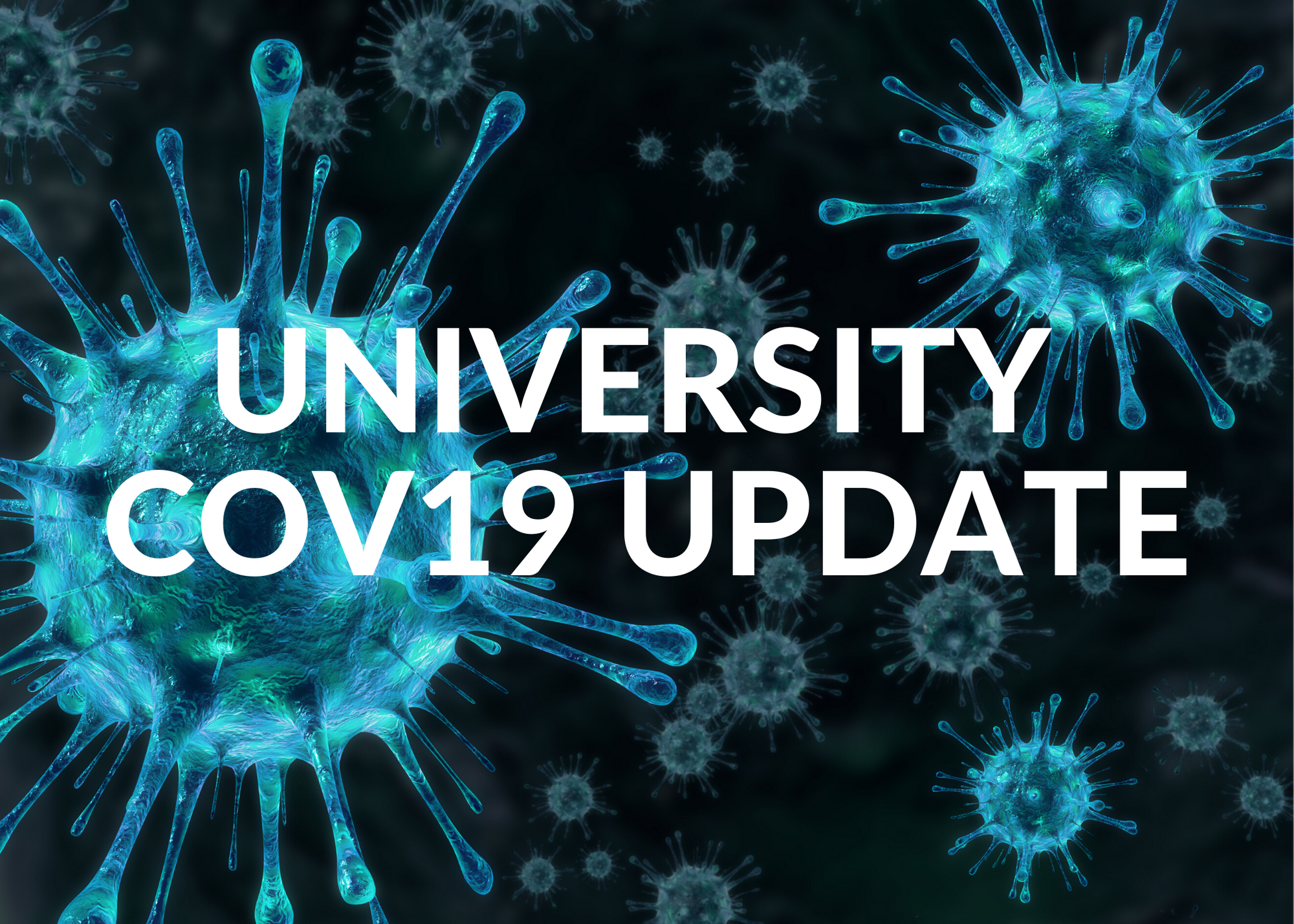As Spring Break approaches and the global outbreak of COVID-19 remains a rapidly evolving situation, the health and safety of our students, faculty and staff remain paramount. We can all work together to ensure the continued health and safety of our campus community. It is important to note that the Texas Department of State Health Services says the immediate risk of infection to most Texans remains low. The Texas A&M-Kingsville Emergency Management Team continues to monitor the situation.
Foreign Travel
Earlier this week, The Texas A&M University System issued guidance related to COVID-19 and foreign travel restrictions for all System institutions which:
- Strongly discourages all foreign travel by Texas A&M University System students, faculty and staff while the outbreak remains a dynamically changing and uncertain situation,
- Directs students, faculty and staff to report all personal international travel to the university if they have traveled to a CDC-designated Level 1 or higher risk country as soon as possible,
- Requires students, faculty, staff and visitors traveling from countries with CDC-designated risk levels of 2 and 3 to self-isolate for a 14-day period prior to returning to school or work.
You can read the complete guidelines by clicking “Message from the Texas A&M University System” here.
All University sponsored international travel—including study abroad programing—is suspended until further notice. Faculty and staff who travel on personal business to CDC-designated Level 1 or higher risk countries, including Japan, Italy, South Korea, Iran and China, must immediately report their travel to the Office of Human Resources by emailing Executive Director Henry Burgos at henry.burgos@tamuk.edu. Students traveling to and returning from Level 1 of higher countries must immediately contact the Dean of Students by emailing kirsten.compary@tamuk.edu. Please note that if you are traveling to a country that is added to the Level 1, 2, or 3 CDC Warning List while you are traveling, you must also inform Human Resources or Dean of Students promptly upon your return.
In the Classroom
As we continue to focus on preparation and awareness, faculty and staff are encouraged to review their department’s Business Continuity Plans here. A joint message from the Provost and Faculty Senate President shared with faculty earlier today encourages faculty to review the Blackboard Learn Rapid Transition Manual for Faculty developed by Distance Learning & Instructional Technology (DLIT). The manual serves as a guide for faculty to deliver course content online in the event of extended student absence due to illness. A similar manual designed to assist students as they may need to navigate courses on Blackboard can be found here. If you have questions about Blackboard Learn, please contact DLIT by creating a 24/7 Help Desk Support ticket at 361-593-(HELP) 4357.
Medical Care
Students, faculty and staff should seek medical assistance if they have traveled to an area with widespread or ongoing community spread of COVID-19 or been near someone known to have COVID-19 and experiencing the following symptoms, fever, shortness of breath and cough. ALWAYS call ahead before seeking medical attention and notify someone of your concern about COVID-19. This will allow the medical facility to prepare appropriately.
Beginning tomorrow, the Student Health and Wellness Health Care Clinic will see patients by appointment only. While walk-ins will no longer be accepted, students must phone ahead to make an appointment. You can call Student Health and Wellness at 361-593-3991.
Staying Healthy
As a reminder, everyone is encouraged to follow CDC tips for good personal health habits, including:
- Avoiding close contact with people who are sick.
- Staying home when you are sick, except to get medical care.
- Covering your coughs and sneezes with a tissue.
- Cleaning frequently touched surfaces and objects daily.
- Washing your hands often with soap and water for at least 20 seconds, especially after blowing your nose, sneezing or coughing, after shaking hands or handling money and before eating. If soap and water are not available, hand sanitizer that contains at least 60 percent alcohol may be used.
If you have additional questions about COVID-19 and campus preparations, please contact Dr. Shane Creel, Executive Director of Enterprise Risk Management, at randolph.creel@tamuk.edu .
You can also keep up with latest updates by visiting the COVID-19 resource page.
